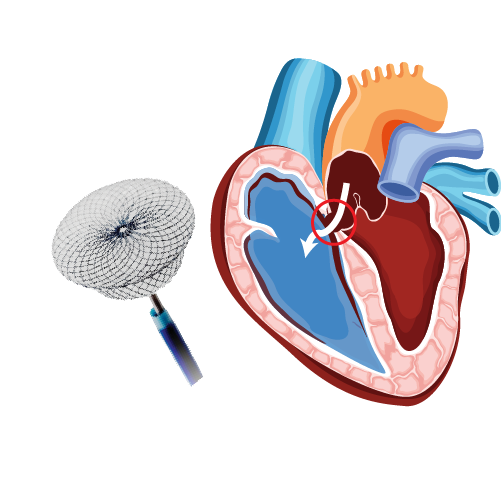Understanding Cardiovascular Health: The Utility of Coronary Calcium Score
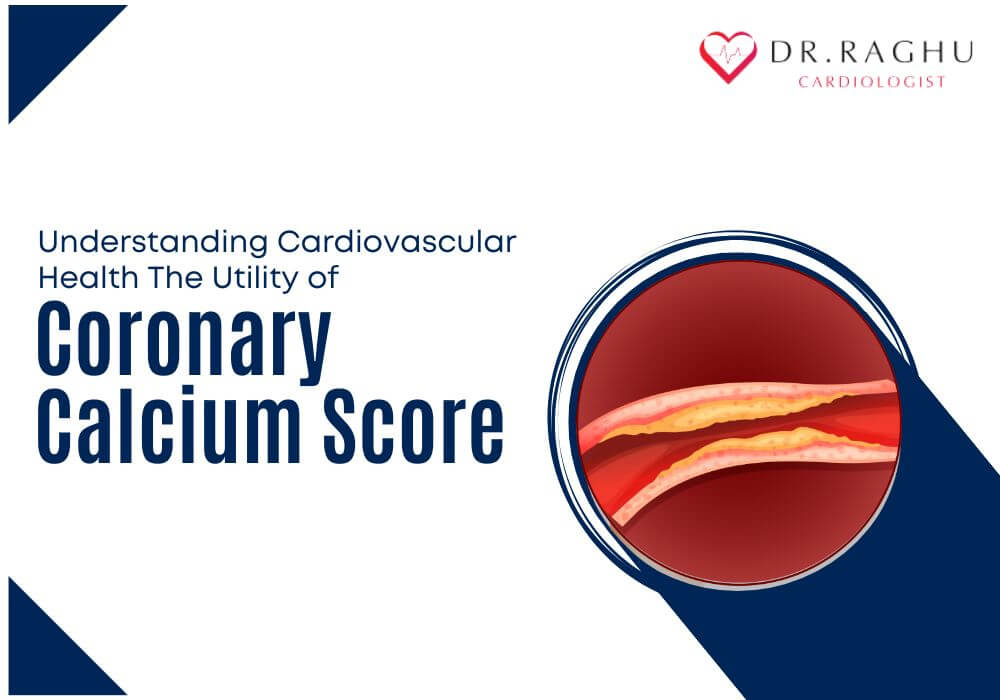

Cardiovascular diseases (CVDs) continue to be a leading cause of morbidity and mortality globally. As medical science advances, preventive strategies gain importance in identifying individuals at risk of developing heart-related conditions.
One such groundbreaking tool is the Coronary Calcium Score (CCS), also known as cardiac calcium score. It is a non-invasive imaging technique that provides valuable insights into the risk of coronary artery disease (CAD).
In this article, we delve into various uses of the Coronary Calcium Score test, exploring its significance, the process involved, and its role in proactive cardiovascular health management.
Understanding Coronary Calcium Score
The Coronary Calcium Score is a measure of the amount of calcium deposits in the coronary arteries, which are the blood vessels supplying the heart. These deposits, known as calcifications, are an early sign of atherosclerosis, a condition characterized by the buildup of plaque in the arteries. The CCS is typically determined through a specialized imaging technique called coronary computed tomography angiography (CCTA).
How Is Coronary Calcium Score Measured?
The Coronary Calcium Score (CCS) is measured through a specialized imaging technique called coronary computed tomography angiography (CCTA).
Here’s a step-by-step overview of the CT calcium score test:
Patient Preparation:
Before the procedure, the patient may be asked to abstain from food or drink for a few hours. This is to ensure a clear image of the heart without interference from digestion-related artifacts.
Intravenous Contrast Injection:
A contrast dye, usually containing iodine, is injected into a vein in the patient’s arm. This contrast agent enhances the visibility of the coronary arteries during the imaging process.
CT Scan Acquisition:
The patient lies on a table, which is then moved into the CT scanner. The scanner takes a series of detailed X-ray images of the heart from various angles. The high-resolution images are acquired rapidly, typically within a few seconds.
Image Reconstruction:
The acquired images are processed and reconstructed by specialized computer software. This reconstruction creates detailed cross-sectional images of the coronary arteries, allowing for a comprehensive assessment.
Calcium Scoring:
Once the images are reconstructed, a computer algorithm is employed to identify and quantify the calcium deposits within the coronary arteries. The most common scoring system used is the Agatston score, which takes into account the density and area of the calcium deposits.
Calcium Identification:
The software identifies areas of calcification based on the density of the material in the coronary arteries. The denser the material, the higher the likelihood that it is calcium.
Calculation of Agatston Score:
The Agatston score is calculated by multiplying the area of each calcified region by a density factor derived from the peak Hounsfield unit (HU) within that region. These scores are then summed across all coronary arteries to generate the total Agatston score.
Interpretation and Reporting:
The final result is a numerical score that reflects the extent and severity of calcifications in the coronary arteries. This score provides valuable information about the patient’s risk of coronary artery disease (CAD). The higher the CCS, the greater the likelihood of atherosclerosis and an increased risk of cardiovascular events.
Different Use Cases of Coronary Calcium Score
Early Detection of Atherosclerosis:
The primary utility of the Coronary Calcium Score lies in its ability to detect atherosclerosis at an early stage. Even before symptoms manifest, the presence of calcifications can signal the onset of coronary artery disease.
Risk Stratification:
The CCS is an excellent tool for stratifying individuals into different risk categories. A higher score correlates with an increased risk of cardiovascular events, allowing healthcare professionals to tailor preventive strategies and interventions accordingly.
Prognostic Value:
Numerous studies have demonstrated the prognostic value of the CCS in predicting future cardiovascular events. Individuals with higher scores are more likely to experience heart attacks or other coronary events, making it a valuable prognostic tool.
Treatment Guidance:
The CCS can influence treatment decisions. For example, a high score may prompt more aggressive management, including lifestyle modifications, statin therapy, or other interventions to reduce cardiovascular risk.
Motivation for Lifestyle Changes:
Presenting individuals with their CCS results can serve as a powerful motivator for lifestyle changes. Understanding the tangible impact of diet, exercise, and other modifications on the progression of atherosclerosis encourages individuals to adopt healthier habits.
Monitoring Disease Progression:
Repeat CCS assessments over time can help monitor the progression or regression of atherosclerosis. This dynamic aspect is crucial for adjusting treatment plans and evaluating the effectiveness of interventions.
Conclusion
In the realm of cardiovascular health, the Coronary Calcium Score stands as a revolutionary tool for early detection, risk stratification, and proactive management of coronary artery disease. Its ability to provide a numeric representation of calcifications within the coronary arteries empowers healthcare professionals to tailor interventions to individual risk profiles.
As the medical community continues to emphasize preventive medicine, the Cardiac Calcium Score emerges as a valuable ally in the pursuit of better cardiovascular health outcomes. Regular screenings, lifestyle modifications, and timely interventions guided by CCS results can pave the way for a healthier heart and a longer, more vibrant life.
Dr. C Raghu is a renowned interventional cardiologist based out of Hyderabad. If you or anyone you know is looking for heart disease treatment, reach out to Dr. Raghu today.
Book Online Consultaion
Understanding Cardiovascular Health: The Utility of Coronary Calcium Score
Subscribe the Hearty Life Blogs

DR. RAGHU | Best Cardiologist in Hyderabad
Cardiology Coronary, Vascular and
Structural Interventions
Conditions & Diseases
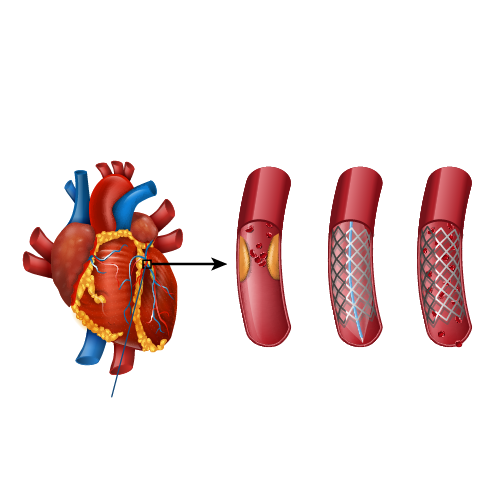
Angioplasty
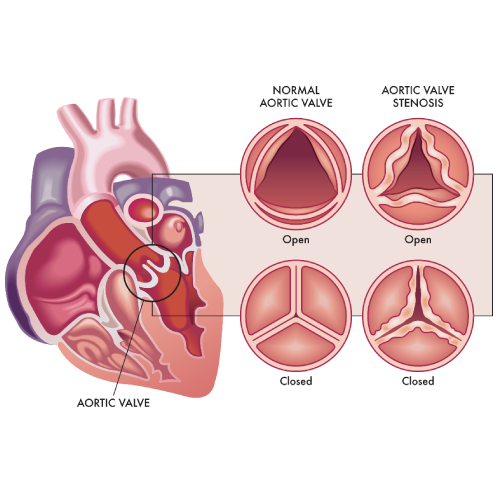
Aortic Stenosis
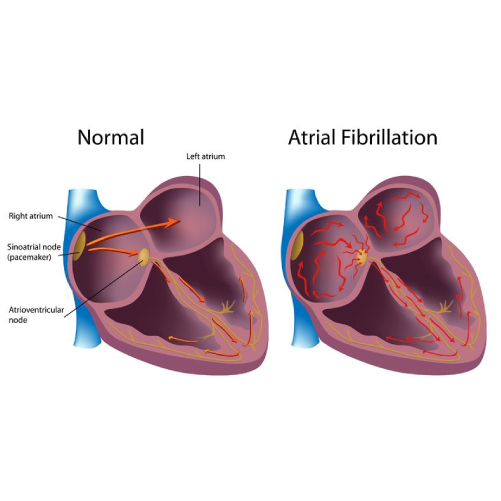
Atrial Fibrillation
